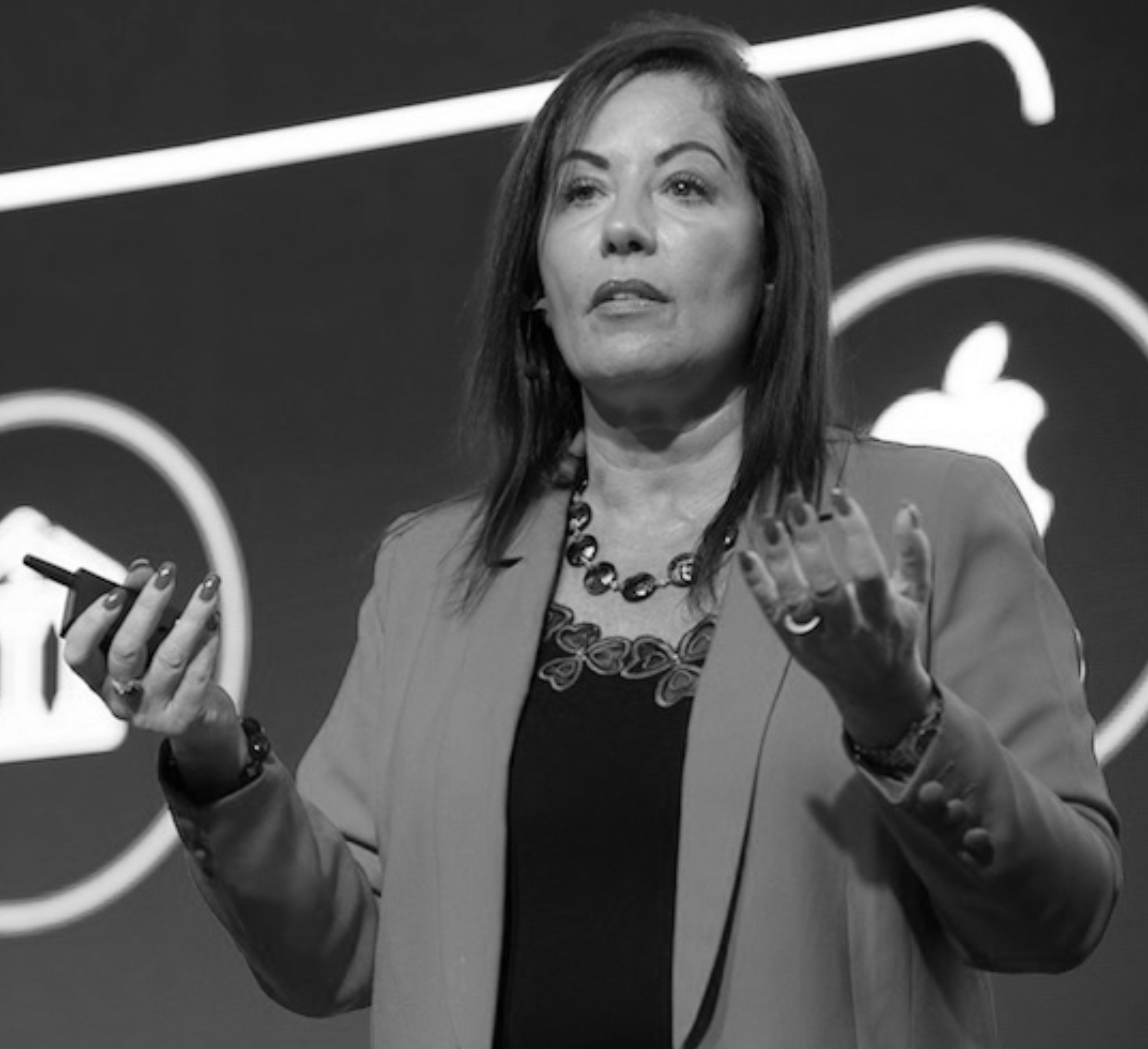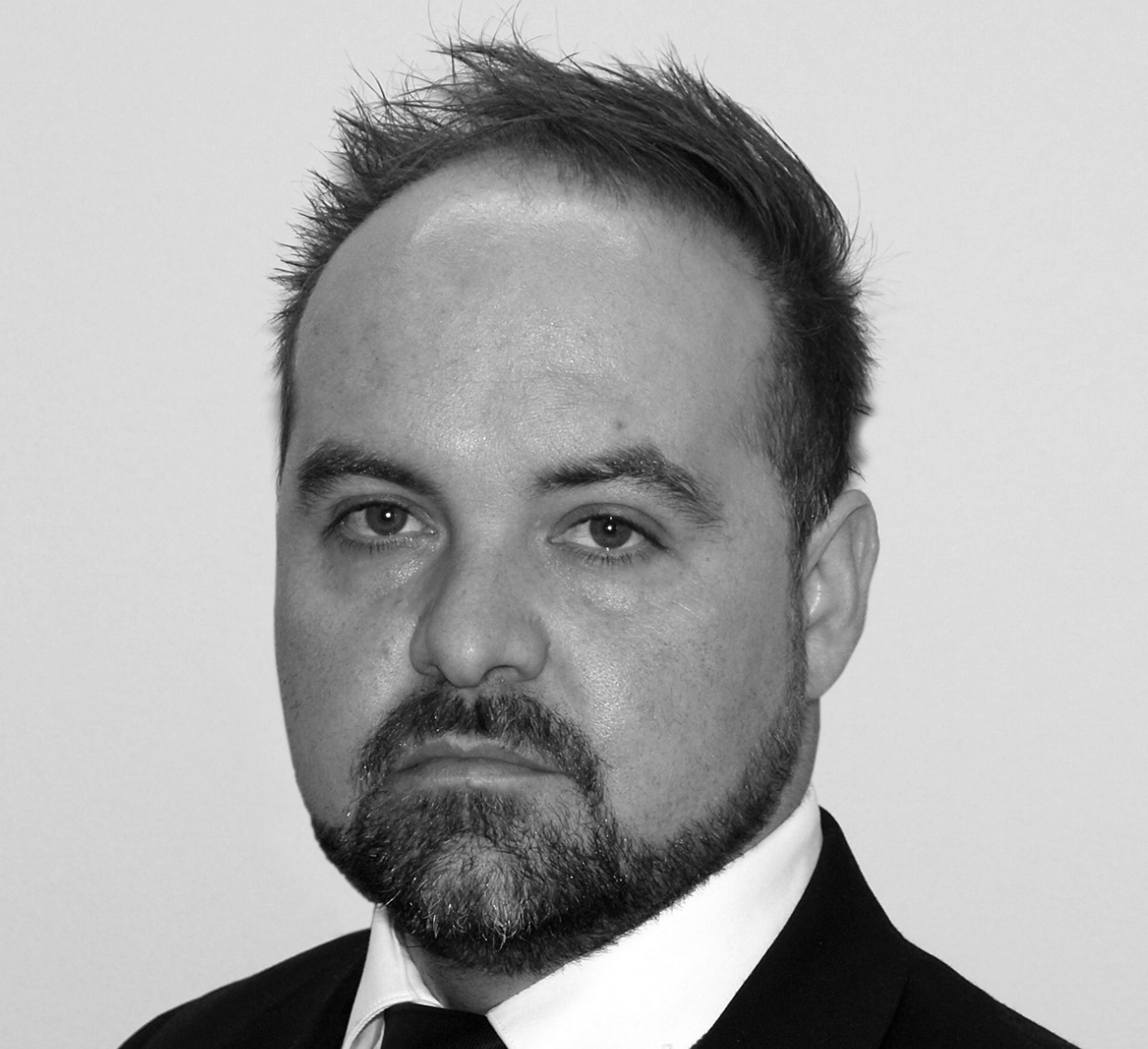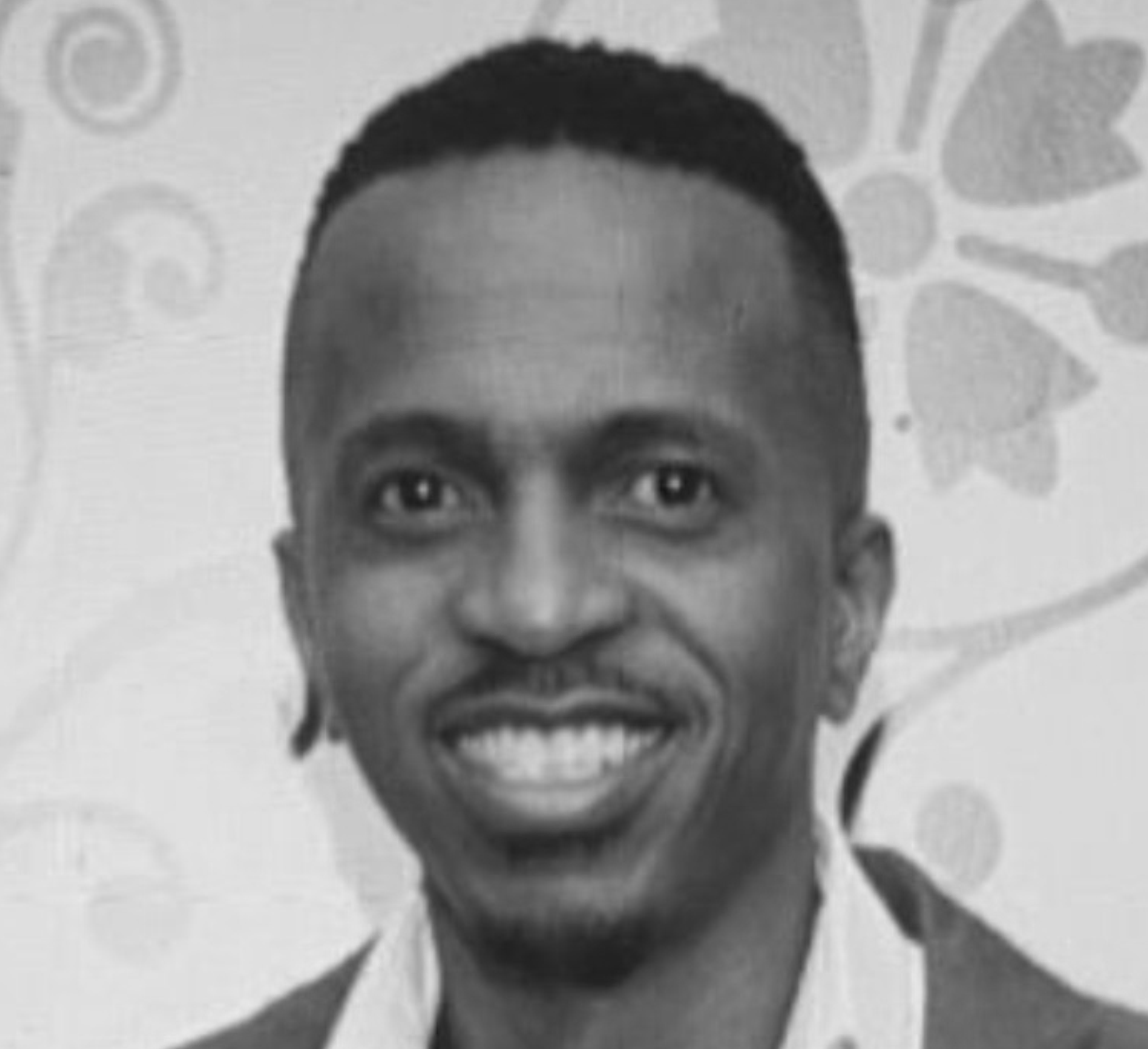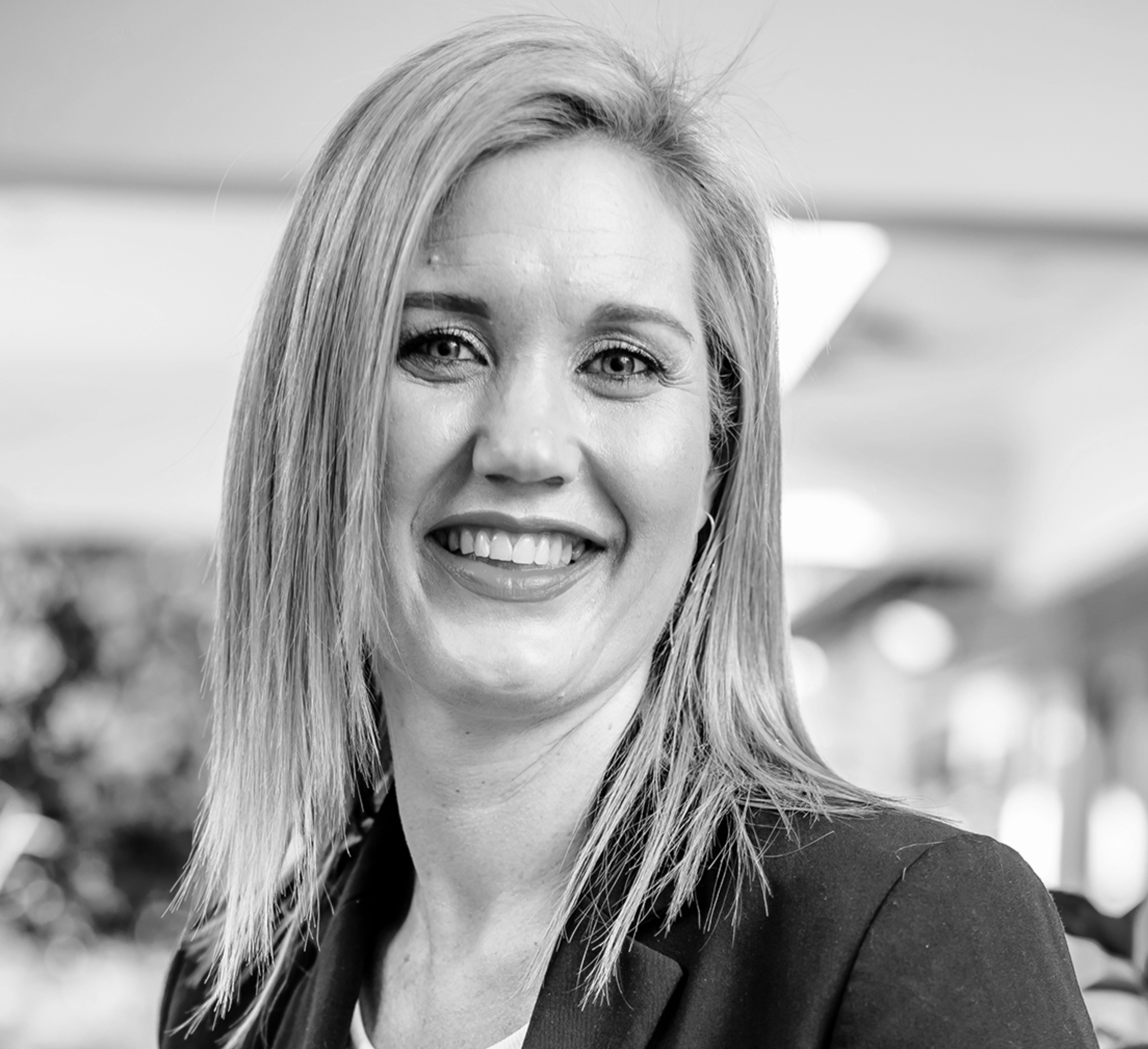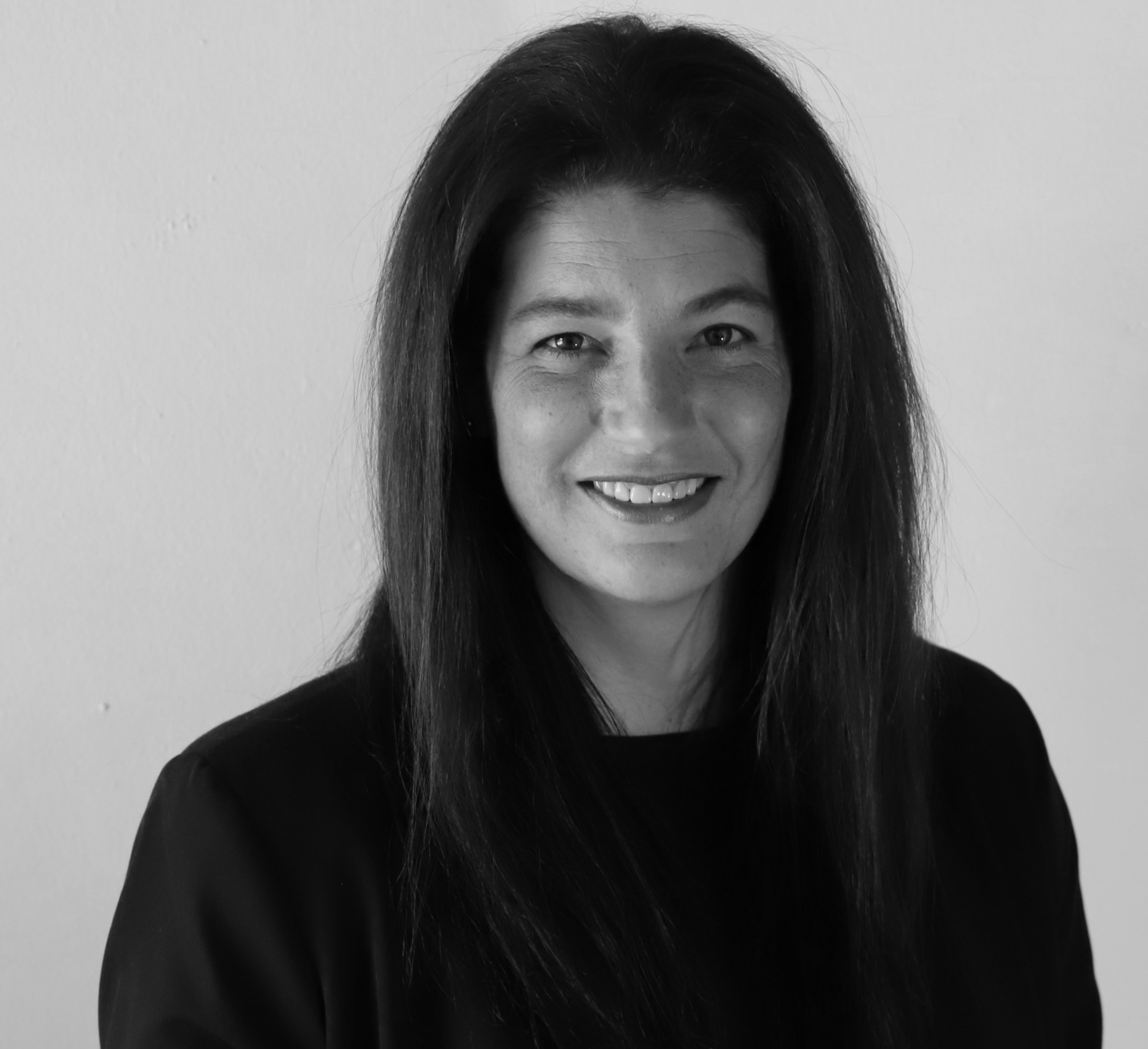179: Monica Singer
‘Blockchain is going to change the world in every possible way’

Today’s podcast is sponsored by Draftworx, which provides automated drafting and working paper financial software to more than 8000 accounting and auditing firms and corporations. CFO Talks is a brand of the South African Institute of Business Accountants.
It’s my great pleasure to welcome Monica Singer, who is well known as the first CEO as Strate, which is South Africa’s Central Securities Depository, which she set up in 1998 until she resigned in 2017. Since then, she has been the South African Lead for ConsenSys, the largest blockchain company in the world. Monica is a board member of the South African Institute of Chartered Accountants and she’s also advisor to the Global Digital Asset & Cryptocurrency Association. She’s also Professor of Practice in the School of Accounting in the University of Johannesburg specialising in blockchain for the accounting and auditing profession.
Monica previously worked at the Johannesburg Stock Exchange from 1996 to 1998 and at the World Bank in Washington, D.C. from 1995 to 1996 and she was Technical Director of the South African Institute of Chartered Accountants from 1989 to 1995. Wow, that’s quite a CV.
Tell us about being a Professor of Practice in the School of Accounting in the University of Johannesburg specialising in blockchain for the accounting and auditing profession, is this a new branch of accounting?
It’s much more complicated than just accounting because blockchain is going to change the world in every possible way. So if we’re going to change every business, we’re going to have to account for these changes and we’re going to have to audit differently and the taxes will be different. So it’s a very comprehensive way of looking at the New World Order.
The point is that 500 years ago, double entry bookkeeping was invented by a monk and that worked until now. But now we know that that system is full of flaws, and it will take a long lecture for me to explain why it’s so outdated and has allowed quite a lot of corruption and fraud and what we call in the accounting profession, the expectation gap, what the auditors can provide to the public and what the public expects from us, the gap has increased over the years. Why, because in reality our auditing procedures are deficient.
So now we have blockchain and we realise there is a new way to do things that could be totally transparent, that could allow accounting to be real-time, audit in real-time and, therefore, a complete audit trail and the audit procedures will change, accounting will change and, of course, the way you tax people will change. It will take a long time for all of this guidance to be developed.
This is a very new area for the world, it’s like the internet in 1991 or 1995, and you’ve got the two camps, the camp that totally dismisses this is a fad, which is nonsense, and then the ones who have seen the light and realised that the world is changing.
I know the younger generation will embrace this because you realise the potential to change the world in every single aspect is huge and, therefore, it’s very exciting.
I think for accountants to understand that what blockchain is, it’s essentially a ledger, it’s decentralised, it’s distributed, which means it’s not on a single computer, it’s distributed over many, often thousands or tens of thousands of computers, and it’s a ledger that cannot be changed, you cannot fake this. One of the things that is going to change is the audit function that you have in the accounting profession, at the moment it’s based on sampling, you maybe do a sample size of 1% or 2% or something like that but imagine being able to do a sample size of 100%. It just completely changes the trustworthiness of the accounting profession and the audit. Monica, do you want to comment on that?
As we know, the corruption still takes place, fraud still takes place and it’s all because of the silo mentality, everybody creates their own books, the buyer and the seller have their own books, and they rely on the auditor to come in at the end of the year to come and tell them that they didn’t cook the books but if the buyer was cooking the books, the seller doesn’t care and vice versa. Then everybody has to have a bank account, so then the regulators rely on the auditor of the bank to tell them that the bank is not going to go under and then the taxman relies on the auditor to ensure that the tax returns are done properly. All of this plethora of records in silos gets eliminated because then you have one version of the truth, real-time, that everybody can see in real-time.
What led you down this path of accounting?
I always wanted to be an accountant, all my life, it was like I was born to be an accountant. I remember being a very young girl of about 14 at school and they asked who knows what they want to study further. I was the only one who raise my hand very quickly and said I want to be an accountant. Now, for the past five years I have been working for ConsenSys, the biggest blockchain company in the world, the head office is in the US but I said that I wanted to stay in South Africa, I wanted to move to Cape Town and I wanted to work remotely. That is what I have been doing for the last five years, working for this incredible company with 700 staff members, the majority of whom are in their 20s, so I’m more like a senior strategic person who provides input. But in reality, my knowledge and that of the 20-year-olds, they know ten times more than me because they truly understand technology.
Here’s the other issue that I’m very worried about, all my life as a chartered accountant you could say you’re the queen of the castle as a CA and you can command huge respect and so on. I can assure you that in ConsenSys being a CA means zero, minus zero, meaning that they do not respect chartered accountants at all. So who is respected, who is the queen of the castle, the one who knows technology, programming and you need to know programming language. I had to study programming as a CA but over the years we took it away from the syllabus, which was a big mistake.
If I have one piece of advice for accountants, it’s learn programming and learn to understand smart contracts.
I predict in future that the CA is not going to be the CEO of the company, the IT guy is going to be the CEO because eventually who won’t know what’s cooking, you won’t understand the language and companies will become more and more technology companies.
If we don’t change our education system for CAs and accountants in general, it’s going to fail our students. They are going to finish the degree and they are going to be obsolete already. That’s why when I mentor people, I tell them to get the degree but on the sidelines let me tell you all the things that you need to start learning and something you need to learn is any programming language, the logic of programming.
I wanted to talk quickly about blockchain and how it’s going to change the world over the next five to ten years. Some of the applications that we see already, for example, you have already alluded to possibly the most important one, which is if the stock exchanges are going to be dying because people find that there are ways to raise capital that are much simpler and cheaper and they are doing that by issuing tokens instead of shares and they’re listing those tokens on a crypto exchange, you’re getting things like fractional ownership of shares and fractional ownership of properties. Monica, spell out some of the ways you see blockchain changing the world.
There are so many ways but let me start with supply chain which was the first one because you’ve got many parties, from the moments the goods come out of the ground, the harvest, and then the producers and the distributors, until it gets to the till. So with blockchain this argument that retailers pay the producers three months later when the goods are sold, that’s going to disappear because with blockchain you’ll be able to pay in real-time as the goods are sold and everybody will be able to see the complete supply chain in real-time. The farmer will have a mobile phone where he can track the final price that everybody got and, therefore, will be able to price the goods in a more accurate way and you eliminate the middleman.
Then government, imagine if government was committed to transparency and fighting fraud and corruption, you will have a real-time view on the internet of how the finances are, how they are accounted for, how they are used, how the procurement process takes place and, therefore, all the corruption that takes place in government can be completely reduced.
Imagine if you could track the money that the World Bank gives for a project, it gets tracked in real-time and it goes to where the project was meant to go and all the controls are there, it will be a huge impact on social impact.
Then, the whole world of art and music and Web3, where you can monetise your own work, you don’t rely on all these intermediaries. Then there’s DeFi, decentralised finance, I can’t tell you how much I love DeFi, it’s everything you know about finance but without any intermediaries, without a bank, without a broker, without anybody. You go into this website, you can get a loan, you can trade, you can buy insurance. The most incredible thing for me, which is impossible to achieve in traditional finance is called composability, when I saw composability, I thought that’s it, hallelujah. What is composability, it’s the ability to integrate and interoperate between different applications. In the history of stock markets, you could not achieve that one stock exchange could talk to another, they couldn’t integrate, millions of dollars have been invested to try to achieve that and all the projects failed.
So now just imagine now that you have websites that offer different products similar to a stock market, derivatives to anything and you can create your own products. Here you will have all the tokens listed in all these markets and you will create your own portfolios, there are already many protocols that are already creating this in real-time. Imagine if you train the kids to understand this, imagine how financially independent the new generations will become because they don’t have to rely on someone. Blockchain is the internet of value, you can exchange value by using the internet. We’re going to have such an amazing choice, we won’t use a credit card and you’re going to be able to choose how you’re going to pay, how you’re going to store your value.
I admit that currently the user experience is horrific but the people who I work with are working on making it more user-friendly and to make it so easy. I predict it’s going to become as easy as using the Web 2.0 technologies like Facebook and Twitter.
Are there any books that you would recommend?
I’m only going to tell you about the three that I am reading at the moment, I love reading books together. The one I find fascinating is called The Cryptopians: Idealism, Greed, Lies, and the Making of the First Big Cryptocurrency Craze by Laura Shin, she tells the story about how Ethereum started and all the shenanigans in a chatty way, I love the story.
Then the other one I recommend and really, if there is one book that you should get it’s called The Book of Crypto: The Complete Guide to Understanding Bitcoin, Cryptocurrencies and Digital Assets by Henri Arslanian. He is a PwC partner, he’s super knowledgeable, you need to follow him on LinkedIn. It’s a comprehensive book that will give you the whole background to understand this space.
The final book I am reading is called Breaking the Habit of Being Yourself: How to Lose Your Mind and Create a New One by Joe Dispenza. He believes in the ability of your thoughts to create your reality. So he teaches you the technique to imagine what you want to create and then you can manifest it. It’s a very powerful and beautiful book.

